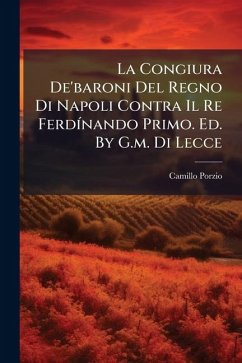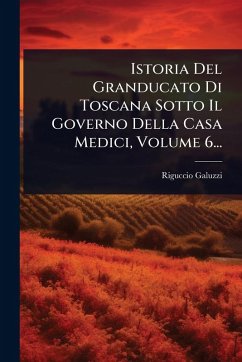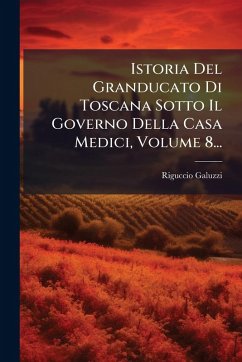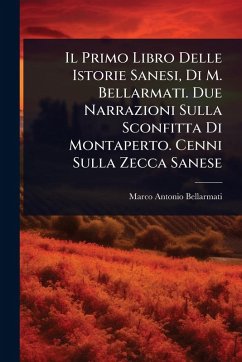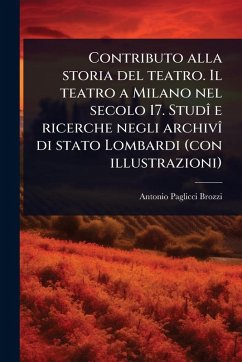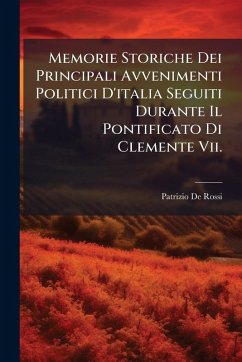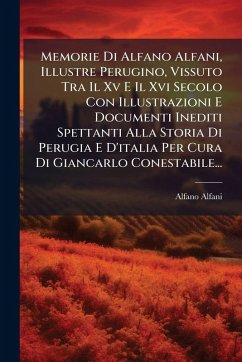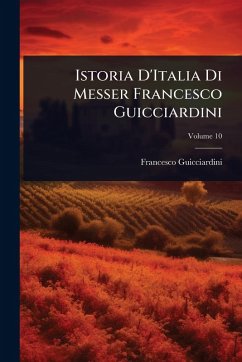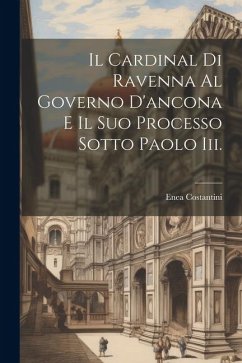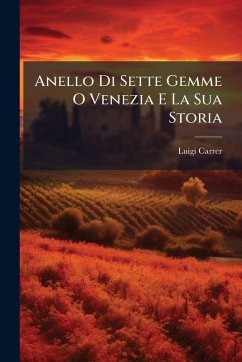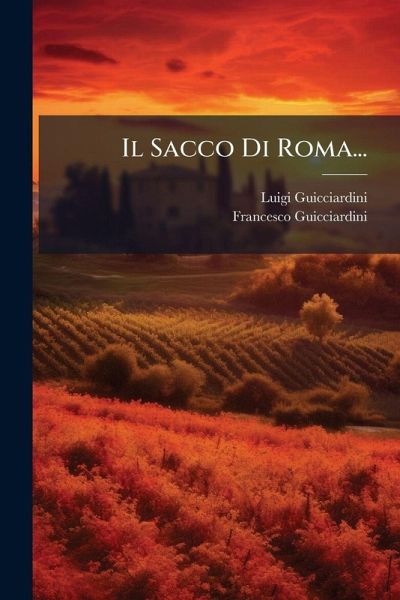
Il Sacco Di Roma...

PAYBACK Punkte
11 °P sammeln!
Il Sacco Di Roma... offers a detailed account of the Sack of Rome, a pivotal event in Italian Renaissance history. Written by Luigi and Francesco Guicciardini, this work provides valuable insights into the political and military circumstances that led to the city's devastation. The book delves into the strategies, key figures, and consequences of the sack, shedding light on the broader conflicts of the era. A crucial resource for understanding the complexities of 16th-century Italy, this historical narrative remains relevant for scholars and enthusiasts alike. This work has been selected by sc...
Il Sacco Di Roma... offers a detailed account of the Sack of Rome, a pivotal event in Italian Renaissance history. Written by Luigi and Francesco Guicciardini, this work provides valuable insights into the political and military circumstances that led to the city's devastation. The book delves into the strategies, key figures, and consequences of the sack, shedding light on the broader conflicts of the era. A crucial resource for understanding the complexities of 16th-century Italy, this historical narrative remains relevant for scholars and enthusiasts alike. This work has been selected by scholars as being culturally important, and is part of the knowledge base of civilization as we know it. This work was reproduced from the original artifact, and remains as true to the original work as possible. Therefore, you will see the original copyright references, library stamps (as most of these works have been housed in our most important libraries around the world), and other notations in the work. This work is in the public domain in the United States of America, and possibly other nations. Within the United States, you may freely copy and distribute this work, as no entity (individual or corporate) has a copyright on the body of the work. As a reproduction of a historical artifact, this work may contain missing or blurred pages, poor pictures, errant marks, etc. Scholars believe, and we concur, that this work is important enough to be preserved, reproduced, and made generally available to the public. We appreciate your support of the preservation process, and thank you for being an important part of keeping this knowledge alive and relevant.



